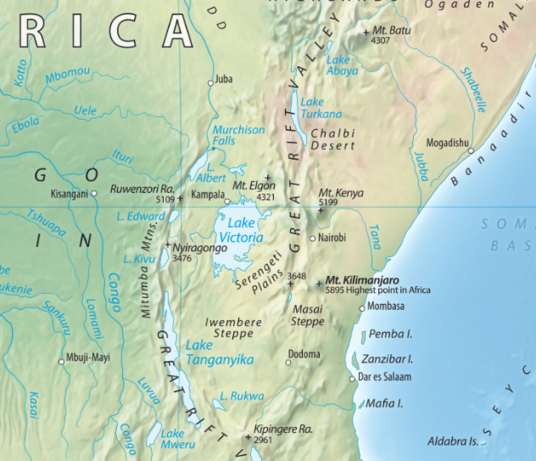
P114_Nigeria_Ethiopia
Promoting climate-smart system of rice intensification (SRI) in Enugu State, Southeast Nigeria
Cooperating countries: Nigeria, Ethiopia and Austria
Coordinating institution: Enugu State University of Science and Technology, Martin A.N. Anikwe, anikwema@yahoo.co.uk
Partner institutions: Godfrey Okoye University Enugu, Bahir Dar University, University of Natural Resources and Life Sciences (BOKU), Vienna
Project duration: 1 July 2024 - 30 June 2026
Budget: EUR 39.740
Abstract:
This proposal aims to enhance sustainable agriculture and rural development in the Enugu State of Southeast Nigeria by promoting the Climate-Smart System of Rice Intensification (SRI). The project comprises 1) the development of a comprehensive baseline study, 2) the implementation of training programs and 3) an assessment of the impacts of SRI. The baseline builds on existing information from a Federal Government project (Fadama III SRI Project) and will target homestead farms and assess current SRI adoption and implementation levels through surveys and data collection on existing practices; challenges and opportunities will also be addressed through questionnaires. The training part will aim to inform farmers and other stakeholders on SRI principles and techniques with interactive workshops and the establishment of demonstration farms as knowledge exchange and learning centres. The impact assessment will involve agronomic (rice yields, productivity, resource use efficiency, water use), environmental (greenhouse gas fluxes, soil health), economic (profitability and viability) and social aspects will be included (effects on livelihoods, food security, gender dynamics, and social equity within homestead farming communities). A knowledge exchange and dissemination plan will be developed to disseminate research findings, facilitate the adoption of best practices and engage a wide range of stakeholders, including policy makers, farmers and other relevant community members. We are confident that the project will significantly contribute to the adoption of sustainable management practices towards increasing food security and minimizing the detrimental impacts of land cultivation in the region.